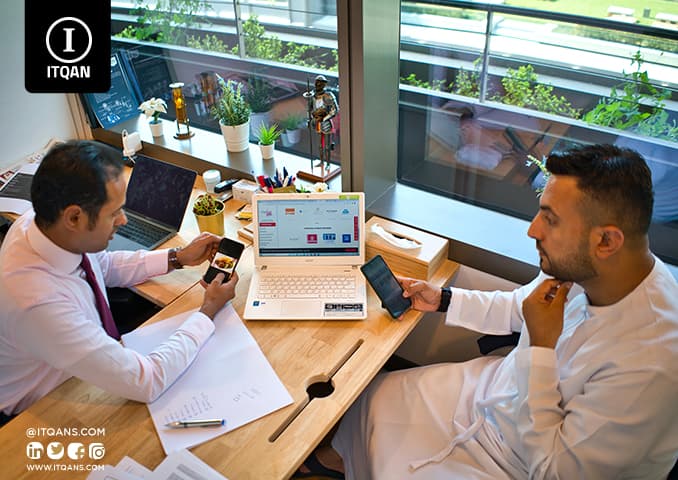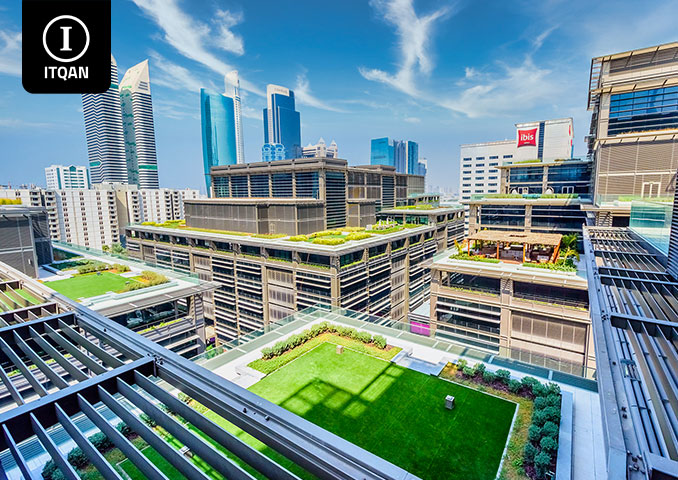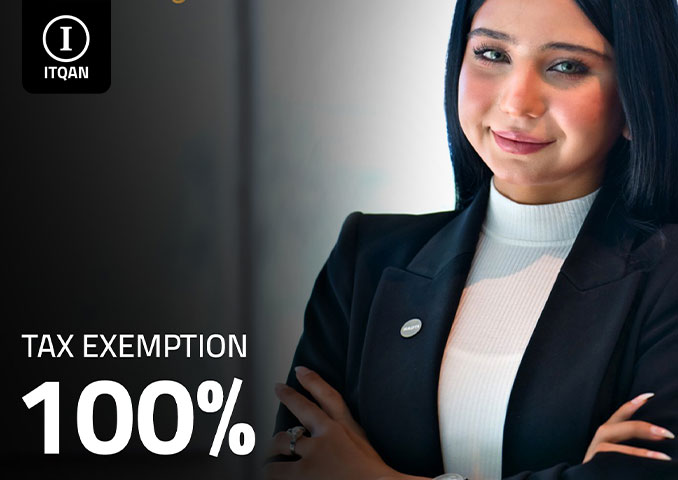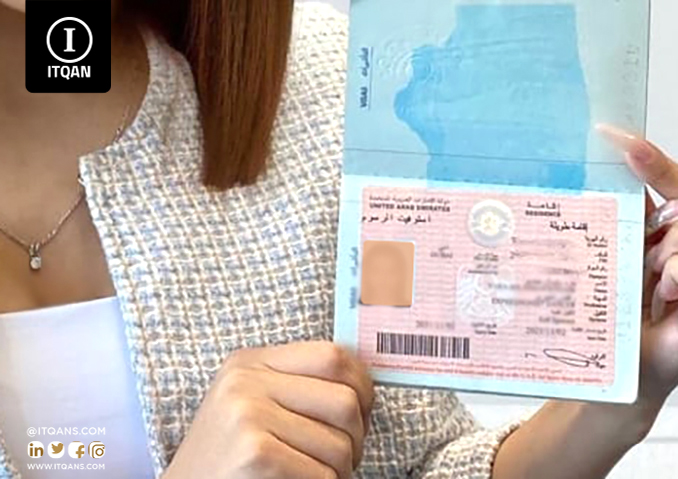Commercial licenses are considered one of the necessary foundations for establishing and operating a business in the United Arab Emirates, as they form an integral part of the regulated commercial environment in the country. Commercial licenses represent official certification that allows individuals and companies to conduct business activity in a legal manner and in compliance with approved standards and regulations. With the multiplicity of commercial and economic activities in the Emirates, the types of commercial licenses vary to include all fields from retail to heavy industries and various services.
In the UAE, various government agencies are responsible for issuing commercial licenses in the Emirates , including the Department of Economic Development in each emirate, and free zones that also offer flexible and distinctive options for commercial licenses. These entities provide the necessary guidance and directions to investors and business owners to meet legal requirements and properly implement the necessary procedures.
The process of obtaining commercial licenses includes submitting a set of basic papers and documents, which may vary depending on the type of activity and scope of work. The process also requires compliance with a set of regulations aimed at ensuring the protection of consumer rights and enhancing the business environment in the country. These regulations include requirements related to the company name, geographical location, type of activity, and financial obligations.
Trade licenses are also a crucial factor in enabling companies to take advantage of market advantages, such as access to local and international markets, access to financing, and cooperation with local and international business partners. By understanding the requirements for trade licenses and the procedures needed to obtain them, businesses can achieve success and grow in the dynamic business environment that the UAE offers.

What are the types of commercial licenses in the UAE?
جدول المحتوى
ToggleCommercial licenses in the Emirates
In the UAE, UAE trade licenses are essential for legalizing commercial and economic activities, providing a legal framework for businesses to operate efficiently and professionally. There are various types of business licenses to meet different needs according to the type of activity the company carries out. The commercial license includes activities related to selling and general trade, allowing companies to engage in purchasing, supply and distribution.
The industrial license is granted to companies operating in the manufacturing and production sector, which includes factories and other industrial facilities. The professional license emphasizes activities that require specialized skills such as legal or medical consultation, allowing professional practitioners to provide their services legally and accredited.
The contracting license is considered essential for activities related to building and construction, including general contracting and engineering works. While the tourism license is allocated to companies working in the field of hospitality and tour organizing, such as hotels and travel agents.
A transportation license is essential for transportation and logistics companies, while an import and export license provides companies with the ability to handle international trade, whether by sea, air or land. In addition, the e-commerce license provides a legal framework for online stores and digital marketing companies, enhancing online commerce activity.
In free zones, a special license provides a combination of benefits such as tax exemptions and 100% foreign ownership. Each type of these licenses imposes its own set of conditions and procedures, and companies must choose the appropriate license for their activity to ensure compliance with local legislation.
What are the types of commercial licenses in the UAE?
In the UAE, several types of business licenses are available to cater to different types of business activities. Here are the main types of business licenses:
- Commercial License: Granted to those wishing to engage in commercial activities, retail or wholesale. Business activities include selling, purchasing, distribution, and supply.
- Industrial licence: Granted for industrial activities, including manufacturing and assembly. This license allows the operation of factories and industrial facilities.
- Professional license: Granted for professional activities that require special skills or the provision of professional services such as consulting, law, engineering, and medicine.
- Contracting license: Granted for activities related to building and construction, including general contracting, maintenance, and engineering equipment.
- Tourism license: Granted to tourism-related activities, such as travel agencies, hotels, and tour operator companies.
- Transport licence: Granted for activities related to transport and logistics services, including land, sea and air transport companies.
- A commercial license for free zones: granted to companies that operate in free zones. This license provides special benefits such as tax exemptions and 100% foreign ownership.
- Import and Export License: Granted to companies that deal with the import and export of goods. It includes cross-border business operations such as importing and exporting goods.
- Online Trading License: Granted to commercial activities that take place online, such as online stores and digital marketing companies.
- Investment license: Granted to companies that aim to carry out investment activities, such as purchasing stocks or financial assets.
Documents required to obtain a business license in Dubai
Obtaining a business license in Dubai requires submitting a set of basic documents. Documentation varies slightly based on the type of business and company location, but the general list includes:
- Founders’ passports: A colored copy of the passport for each founder or partner in the company.
- Personal photographs: Recent personal photographs of the founders or executives, as required by the local authority.
- Visas: Residence visas for founders or partners if they reside in the Emirates.
- Business plan: A document detailing the business activity, objectives, market strategies, and organizational structure.
- Lease Contract: A lease contract for the office or location from which the company will operate, notarized and notarized if necessary.
- Approval of competent authorities: Some activities may require approval from relevant government agencies or regulatory bodies, such as the Ministry of Health or the Telecommunications Regulatory Authority.
- Powers of Attorney: In the event that there are legal agents or consultants, power of attorney must be submitted stating their authority to submit requests and conduct transactions.
- Founders’ Certificates: Academic or professional certificates of founders or partners if required based on the type of business.
- Application form: An application form for obtaining a license, which can be obtained from the Department of Economic Development or the competent authority.
- Trademark Registration Certificate: If the company wishes to register a trademark, a trademark registration certificate must be submitted.
- Legal documents: Legal documents such as the company’s articles of incorporation or articles of association.
Fees related to obtaining a commercial license
Fees related to obtaining a business license in the UAE can vary based on several factors, including the type of business activity, location, and emirate. Here’s an overview of the basic fees that may be required:
- License fees: Includes the cost of registering the company in the commercial registry. These fees vary according to the type of license and commercial activity.
The cost of issuing the business license itself, which may vary based on the company category and business activity. - License renewal fees: Companies require their license to be renewed annually, and there is an annual fee to renew the license.
- Rental fees: The costs of renting the office or commercial location, which may include contract documentation fees.
- Trademark registration fees: If you want to register a company trademark, you will need to pay a fee to register the mark.
- Authentication and translation fees: Fees for translation and authentication of documents if they are in a language other than Arabic, or if there is a need to authenticate the documents from the competent authorities.
- Additional Services Fees: May include fees for work and residency visas for founders or employees, as well as fees for tax filing or additional services.
- Power of attorney fees: If you use a lawyer or legal consultant to submit applications, there will be fees associated with their services.
- Special license fees: Some activities may require special licenses from other regulatory bodies, such as the Ministry of Health or the Telecommunications Regulatory Authority, and this may require paying additional fees.
- Government services fees: Includes fees associated with services provided by government agencies, such as permits and special approvals.
Basic steps to renew a commercial license
Renewing a commercial license in the UAE requires following a set of basic steps to ensure the continuity of commercial activity legally. Here are the main steps to renew a commercial license:
- Review renewal requirements: Check the renewal requirements of your department or competent authority. Requirements may include any changes to documentation or information that may be required.
- Submit a renewal application: Submit a commercial license renewal application to the Department of Economic Development or the competent authority via their electronic platforms or in person.
- Payment of fees: Pay the fees related to renewing the commercial license. These fees may include license renewal fees and additional service costs.
- Application review: The competent authority will review your application and the documents submitted. You may be asked to provide additional documents or clarifications if necessary.
- Receiving the new license: After approving the renewal application and paying the fees, you will receive the new commercial license. Make sure to check all details on the license to ensure they are correct.
- Update company records: Update your company records and internal systems with new information related to the business license.
- Compliance with local laws: Ensure compliance with all legal and regulatory requirements related to license renewal, such as updating data with official authorities if there are changes in company information.
- Ensure continuity of activities: Verify that all commercial activities continue normally without interruption after renewing the license.
In conclusion, commercial licenses in the UAE are considered a vital element in the process of establishing and managing a business in the country. These licenses provide the legal basis that enables companies to conduct their business activities legally and orderly. The UAE offers a variety of licenses to meet the needs of different sectors, starting from basic commercial licenses, all the way to licenses for professional, industrial, tourism, and health activities, allowing investors to choose the most appropriate license based on the nature of their business.
The diversity of licenses reflects the dynamic and thriving business environment in the UAE, where companies can grow and prosper under legislation that supports innovation and facilitates procedures. However, obtaining commercial licenses requires compliance with a set of legal and procedural requirements, which requires investors to carefully follow each step of the licensing process.
Attention to detail and understanding of the various licensing requirements enhances the chances of success of companies in the UAE, and reduces legal risks that may arise as a result of non-compliance. Hence, hiring experts and consultants specialized in this field can be a wise step to ensure that things run smoothly and in line with local laws and regulations.
The most important frequently asked questions about commercial licenses in the UAE
What are the responsibilities of companies after obtaining a commercial license?
After obtaining a business license, businesses are responsible for complying with local laws and regulations, paying annual fees to renew the license, submitting financial and tax reports, and keeping company documents up to date.
Are there any tax exemptions or benefits for companies in the UAE?
Yes, the UAE offers tax benefits such as exemption from corporate income tax in many free zones, which enhances its attractiveness as an investment destination. However, companies must comply with other tax laws such as value added tax (VAT) if they apply.
Is it possible to change the address of the company or place of work after obtaining the license?
Yes, it is possible to change the address of the company or workplace after obtaining the license, but this requires updating the information with the competent authorities and submitting the necessary documents such as a new lease contract.
What penalties might companies face if they fail to comply with the requirements?
Businesses may face penalties such as fines, suspension or revocation of a business license, or other legal action if they fail to comply with local requirements and regulations.
Do foreign companies need a local partner to obtain a business license?
In some areas and businesses, foreign companies may be required to have a local citizen partner or a local agency to establish the company. But in free zones, foreign companies can own 100% of their shares without the need for a local partner.
















